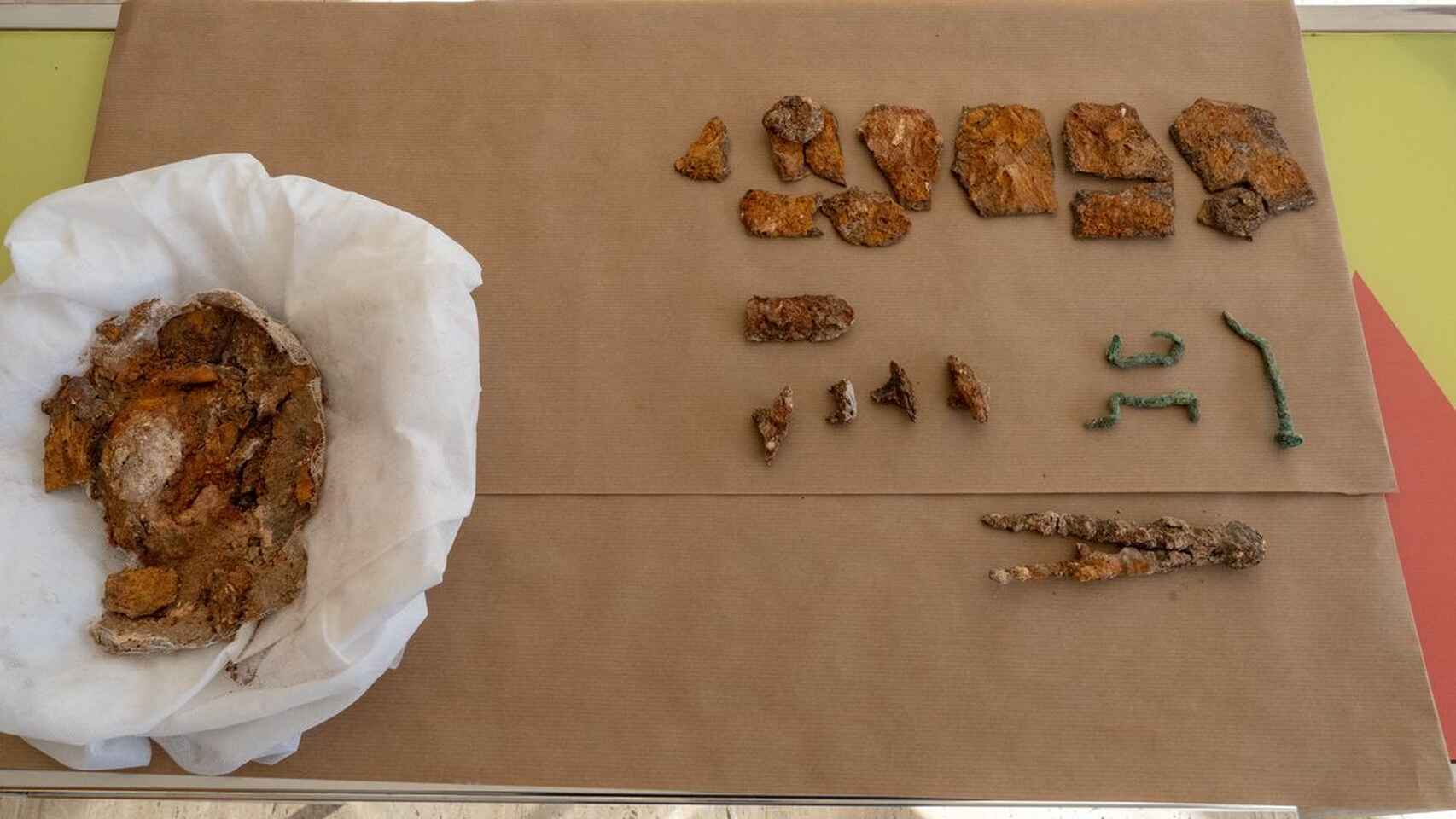No products in the cart.

The Backlinks, known as external links that we have on our website, greatly help the SEO positioning of our website through a correct Link Building strategy. At Nestrategia, your web positioning agency in Madrid, we show you the reasons why they are necessary to improve the positioning of your website.
Why are links useful in SEO?
Backlinks are the links or inbound links that point from other pages to your own. The number of backlinks on your page is important because the more relevant places that link to you, the more notoriety your website will gain in the eyes of Google. Please make sure they are natural and convenient links. It is always better to bet on quality over quantity. It is precise because of this that thousands of websites, blogs, or online projects are working on trying to unsubscribe from those low-quality links that, previously, could be useful and that with google algorithm changes can be harmful but buy permanent backlinks won’t be.
How to get links?
Without having links, it is more difficult to position yourself in search engines and get visits. Here is a list of some techniques to achieve them, thus improving the external SEO of your website:
Generate interest through excellent content.
Interact by relating to other bloggers, leaving comments and linking to them.virtual store promotion button
Participate in forums.
Don't forget to analyze your competition's backlinks.
Avoid Broken Links: Having broken links on a blog or website is detrimental to our SEO strategy. The technique of searching for broken links is essential for the performance of your website and the effectiveness of your service.
Guest Posting: due to the latest Google penalties, it is very fashionable. It consists of writing entries in another blog that is not ours. It is a fairly common practice and is one of the foundations of the Sharing culture on which the concept of blogging is based. At the SEO level, guest blogging is an excellent way to get a relevant link to your blog from a more important page. If you interact and open topics of interest on other websites, it will be a huge incentive for your page. You will get more relevance and more and more valuable followers or clients.
Share the knowledge that makes you better: It involves analyzing blogs or high authority websites where we want to put a backlink or link to our website and see if it has any deficiencies that we can solve. That way, you create links by helping other bloggers and grow your business opportunities.Why do I need a BackLinks tool in your SEO study?
Backlinks are still very important and, although more controlled than before, they are a decisive factor in the positioning of a website. They are divided into two types: Dofollow links and Nofollow links.
When we talk about creating backlinks, we generally refer to creating dofollow links, which are usually the most interesting and frequent. If you have a backlink checking tool, you will discover all the links on any website. Something beneficial to study your competition and get up to date with the techniques that those with more presence and relevance take.
What are backlinks?
Backlinks are links arranged in a text that direct the reader to another site that has content related to what he is reading.
Backlinks allow the reader to expand their knowledge and, at the same time, generate quality traffic for a blog or website.
The more people refer to a blog or site on a certain topic, the more authority this site or blog gets.
This is why backlinks are important. They show search engines that a certain site is relevant to users searching for a specific topic, in such a way that other sites are pointing to it.
Therefore, backlinks are part of Google’s ranking factors, as they influence both PageRank and the authority of the site.
There are several types of backlinks, usually positioned strategically in a text. It is important to know well what each of them is for before starting a strategy. Here are the main ones:
1.1. Link Juice
These links bring the reader of a web page to one of your articles or home page of the site or blog, thus contributing to the ranking of the page on search sites.
The bit link is often used to improve domain authority.
1.2. Nofollow Links
This is the following situation: when a site is linked to another, but the link has a “nofollow” tag, the connection to it does not completely happen.
In general, the “nofollow” tag is used to prevent links added in post comments, for example, from serving as backlinks to other sites, as they have questionable reliability.
1.3. Dofollow Links
Unlike nofollow links, dofollow allows all links added to your blog to function as valid backlinks.
1.4. Root Domains Links
It refers to the number of backlinks that come to your site from a single domain. Thus, even if the site has a dozen links pointing to your blog, only one will be considered.
1.5. Low Quality Links
They represent low quality links for your blog. They generally originate from site directories, spam sites, porn sites, and when backlinks are purchased.
Due to the low relevance of the links, they can hurt your effort to improve your blog ranking.
1.6. Internal Links
They are links that go from one page to another within the same domain. Internal links allow you to connect your own pages to relevant topics, which keeps the reader on the blog for longer.
1.7. Anchor Text
The part of the text that is used to make a hyperlink is called anchor text. This type of backlink works well when you are trying to gain authority on certain keywords.
However, be careful: it is the quality and not the quantity of backlinks that matters.
In the past, backlinks were the main metric for ranking a web page; that is, a page with a lot of backlinks scattered around the web had a higher ranking in all the major search engines.
However, after the last update of the Penguin algorithm by Google in 2016, things changed and the quality came to be considered.
But how is quality considered now?
If your site or content is indicated by a large and authoritative website on the same topics as yours, Google interprets that to be a quality link and you earn points for that.
But if you receive low-quality links, that is, from sites that have no relevance or that have nothing to do with your niche, this can even harm your site.
What’s your reaction?
Love0
Sad0
Happy0
Sleepy0
Angry0
Dead0
Wink0







